
The Poor and the Powerless: Economic Policy and Change in the Caribbean
Argues than another form of development—by the poor and for the poor—is not only possible but necessary. | more…

Argues than another form of development—by the poor and for the poor—is not only possible but necessary. | more…
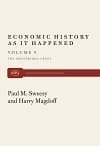
The economies of the capitalist world-individually and as part of a closely knit global system-have been in an ongoing state of crisis since the early 1970s when the long post World War II boom finally came to an end. This crisis has gone through several phases but has not at any time shown signs of giving way to a renewed long wave of prosperity. | more…
In a recent speech, the head of the main government workers union in the United States accused the Reagan administration of “bleeding” the nation in order to finance defense spending and tax breaks for the rich. It is now clear that one cherished national social institution which is scheduled by the Reagan crowd for a major blood-letting is the Social Security System. | more…
Jacob Morris has effectively exposed the attack on Social Security for what it is, and he has done this within the framework of the existing system. The underlying assumption is that Social Security must be paid for out of an accounting reserve supported by payroll taxes. Based on this premise, generally accepted by liberals and conservatives alike, the financial integrity of the reserve is taken as equivalent to the integrity of Social Security itself. But the real questions are different. Why use an accounting reserve and why apply the test of financial integrity? No such tests are applied to any other part of the federal budget, surely not to the enormous armaments expenditures. Basically, what is at issue here is not a financial but a social problem. | more…
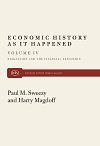
This is the fourth in the magisterial series of essays by the former editors of Monthly Review on the state of the U.S. economy and its relation to the global system. Like its predecessors, this volume focuses on the development of U.S. capitalism as it takes place, and covers the 1980s. The authors stress the profound contradictions of the underlying processes of capital accumulation and identify, before any other economic commentators, the immense implications of the use of the explosion of debt to attempt to solve the problems presented by the underlying stagnation in the real economy. | more…
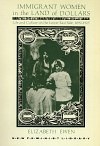
At the turn of the century, millions of European women set sail with their families for the United States. Behind them stood a world of peasant agriculture and small town life. Ahead lay the concrete metropolis, swept by the winds of industrial development. Immigrant Women in the Land of Dollars tells the story of the Jewish and Italian women who came to inhabit New York’s Lower East Side during this period of massive migration. By looking at two generations — mothers born in the Old World, and daughters born in the new — and making extensive use of oral histories, Elizabeth Ewen presents the compelling tale of a metamorphosis in life and in perception. | more…
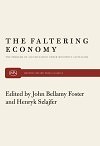
The essays in this volume, by veteran economists as well as younger scholars, are part of a radical attempt to grapple with the problems of advanced capitalist development without discarding the real theoretical breakthroughs made by Keynes. The contributors argue that Keynes was correct in pointing to the economic contradictions stemming from unemployment, incoming inequality, and speculative finance, but failed to consider the class composition of social output, the macroeconomic effects of the modern firm, and the atrophy of investment under conditions of capitalist maturity. | more…

When Bernardo Vega arrived in New York from Puerto Rico in 1916, he was at the forefront of a migrant stream that was soon to become a flood. His memoirs—perceptive, lively, and politically aware—provide us with a unique and often humorous firsthand account of the life of an immigrant, as well as of the concerns and activities of the Puerto Rican community in New York in the period between the wars. | more…
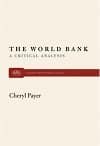
A careful analysis of the Bank’s own policy papers and reports, which outlines its philosophy of development and the concrete effects of its projects. | more…
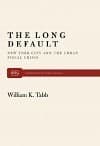
Classic study of the fiscal crisis that gripped New York City — and much of urban America — in the 1970s. | more…
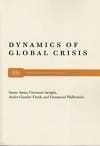
Preeminent theoreticians of the world economy set out their understanding of the long-term dynamics of global capitalism. | more…
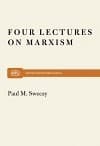
One of the 20th century’s foremost Marxian economists discusses the dialectical method, the contradictions of capitalism, and the future of Marxism. | more…
Notifications